GAZA /PNN/ Shaimaa Abu Sa’da —
Palestinian mothers in the Gaza Strip are enduring some of the harshest conditions imaginable amid Israel’s ongoing war and siege — where hunger, displacement, and deprivation intertwine. Between makeshift tents and crumbling hospitals, women struggle to keep themselves and their children alive amid a collapse of healthcare services and critical shortages of food and medicine — a stark picture of motherhood under fire.
The challenges range from the scarcity of food and clean water to the lack of essential medicines and medical supplies, compounded by the destruction of hospitals and clinics across the territory. Repeated displacements have also limited women’s access to maternal healthcare, especially during pregnancy and childbirth, heightening the risks for both mothers and newborns.
Newborns face severe malnutrition and an absence of neonatal care, with many born underweight and requiring close medical attention that is largely unavailable. Despite the devastation, mothers continue to persevere — doing whatever they can to feed, protect, and care for their children — a testament to the immense human struggle unfolding in Gaza.
The World Health Organization (WHO) has warned that food shortages and famine are taking a severe toll on pregnant and breastfeeding women, with recent data showing that more than 40 percent of them suffer from acute malnutrition.
Limited Care, Ongoing Hardship
Maha al-Madhoun, a displaced mother of two from Khan Younis now living in Deir al-Balah, is in her ninth month of pregnancy. She says the situation has slightly improved in recent weeks with the entry of limited food supplies such as fruits, vegetables, and basic goods — but her hardship is far from over.
“The first months were the hardest,” she recalls. “I suffered infections and health complications due to the lack of medicine and proper nutrition for pregnant women — especially during the famine, when even flour and rice were impossible to find.”
Doctors repeatedly warned her of the risks, urging her to secure minimum food intake despite skyrocketing prices and the difficulty of finding anything in local markets.
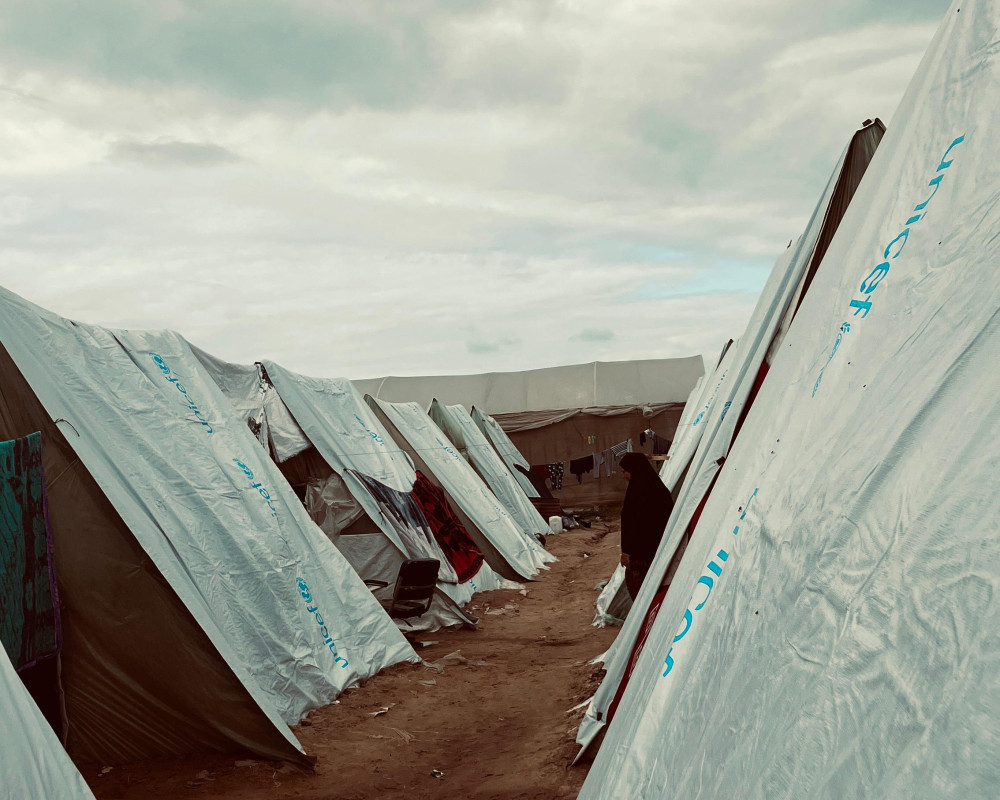
She said she received no regular medical care early in her pregnancy because most hospitals in Khan Younis and northern Gaza had been destroyed, and clinics were nonexistent.
“We relied on advice from older women or what we could read online to learn how to stay healthy during pregnancy,” she said. “Later, a few temporary medical points opened for basic checkups, but their services remain extremely limited.”
Mothers Facing Displacement, Hunger, and Fear of Unknown Births
In a small tent inside a displacement camp in central Gaza, Asmaa Naji, displaced from Jabalia refugee camp, sits surrounded by her two young daughters. Exhaustion lines her face after more than ten forced displacements since the war began.
“During the famine, my husband could barely find food for the children — how could I eat what I needed?” she said. “We survived on simple things — za’atar, canned food, and falafel — none of it suitable for me or my unborn baby.”
Asmaa fears going into labor at any moment. The nearest hospital, Al-Awda in Nuseirat, is several kilometers away and difficult to reach due to overcrowding and lack of transport, with ambulances overwhelmed by the wounded.
“I’m terrified the fighting could erupt again while I’m giving birth,” she said. “I don’t know what I would do.”
She added that high prices, the shortage of infant milk and diapers, and repeated threats to close Gaza’s border crossings make life increasingly unbearable for thousands of expectant mothers.
A New Life in a Place Surrounded by Death
Under a worn-out tent in a crowded displacement camp, Maram Issa cradles her newborn — delivered during one of Gaza’s darkest chapters.
“I gave birth in indescribable conditions,” she said. “It was a painful C-section, and just a week later, we were ordered to evacuate. I couldn’t even walk, but I carried my stitches and my baby, and we left — like everyone else — not knowing where to go.”
“I had nothing for my child — no milk, no clothes, no blanket,” she continued. “I was terrified he would freeze to death in my arms. During the famine, we had nothing — no food, no water, not even a night’s rest without fear.”
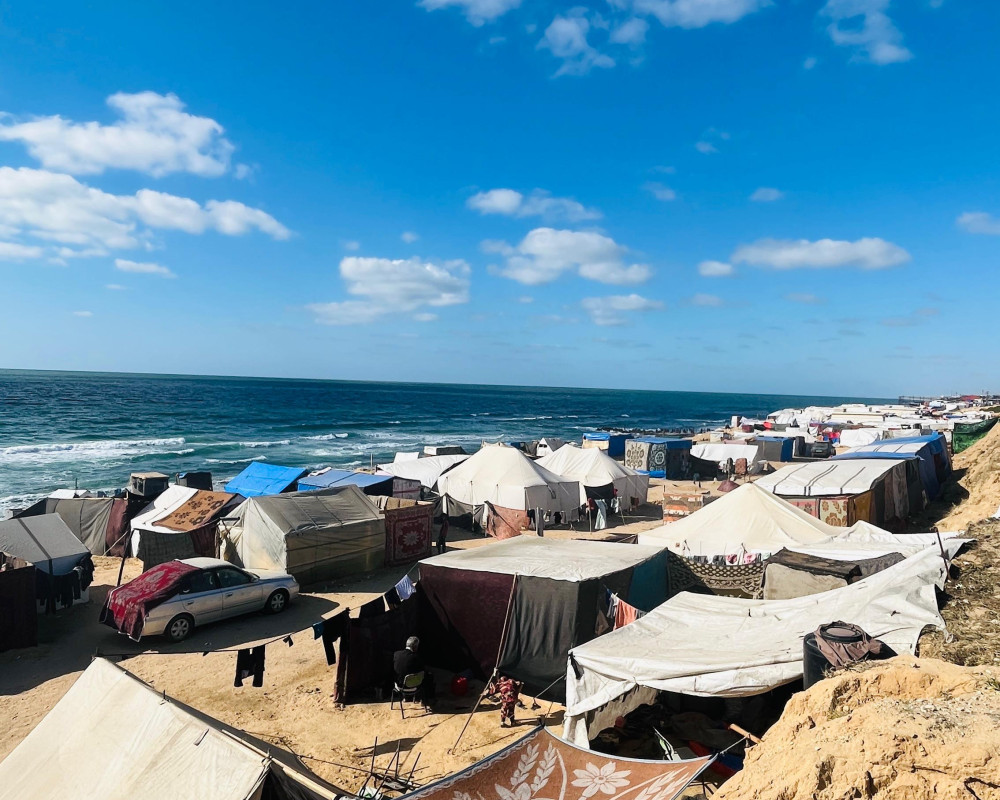
Maram is one of hundreds of Palestinian mothers who have given birth amid war and displacement. “The hardest thing a woman can experience,” she said, “is to bring life into a world surrounded by death.”
These stories capture the pain of motherhood in Gaza — women fighting twin battles against hunger and fear, while clinging to a fragile hope that their children might one day know safety and peace.
Health System Collapse Deepens Mothers’ and Infants’ Suffering
Dr. Hamza Imad, from Nasser Hospital in Khan Younis, described the situation as “catastrophic,” with women giving birth amid bombardment and famine and without even the most basic medical services.
“Many mothers are forced to give birth in unsafe conditions because of the lack of staff and equipment,” he said. “We’re witnessing a near-total collapse of the health system — no reliable electricity, no painkillers, no supplies. We lack incubators, monitors, even safe access to hospitals under fire.”
He said malnutrition and vitamin deficiencies among pregnant and breastfeeding women have led to rising cases of anemia, weakened immunity, and delayed recovery after childbirth. Many babies are born underweight and require specialized care that is simply unavailable.
“The ongoing shortage of medicine and food forces mothers to rely on unsafe alternatives, worsening health outcomes for both mothers and infants,” he said.
A Humanitarian Crisis by the Numbers
Since the start of Israel’s war on Gaza, at least 67,139 Palestinians have been killed, including more than 9,000 mothersand 450 newborns who died shortly after birth, according to Gaza’s Government Media Office.
Over 1,015 infants under one year old have died, while 12,000 miscarriages have been reported due to hunger and lack of care. The enclave’s children need around 250,000 cans of baby formula each month, which Israel continues to block from entry.
An estimated 107,000 pregnant and breastfeeding women now face extreme danger due to the collapse of healthcare and nutrition services.
These numbers and testimonies underscore the depth of Gaza’s humanitarian catastrophe — where mothers and children are bearing the brunt of war, hunger, and disease. Amid the devastation, their resilience remains a rare source of light — a quiet defiance against a world that seems to have turned away.
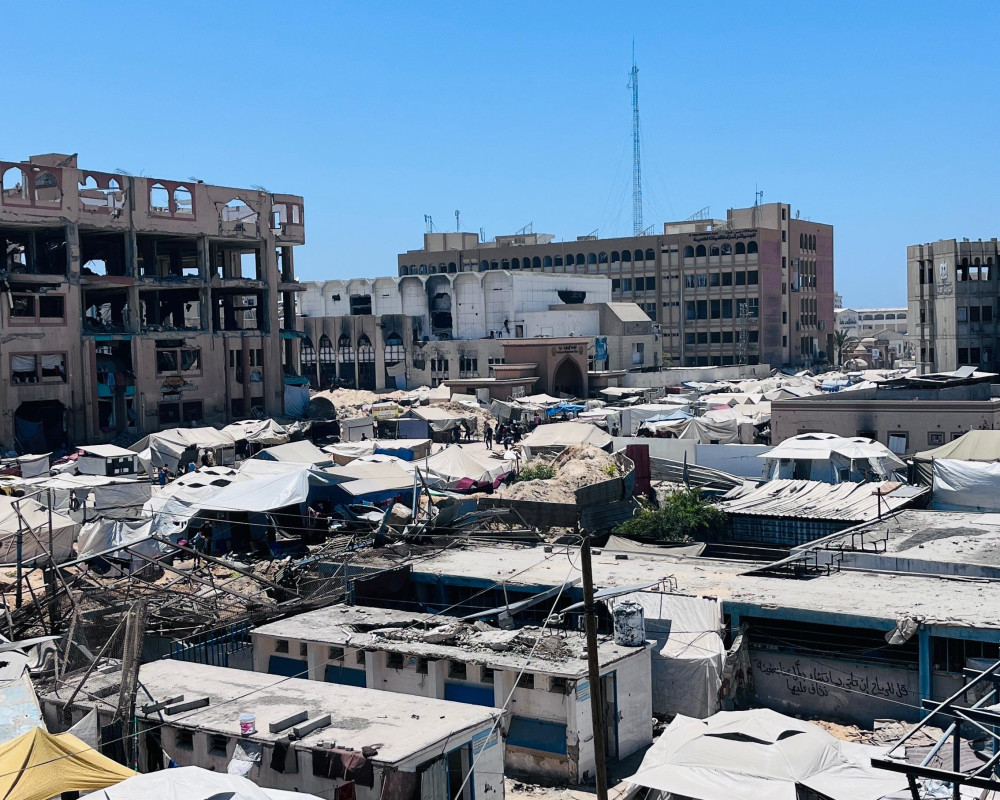
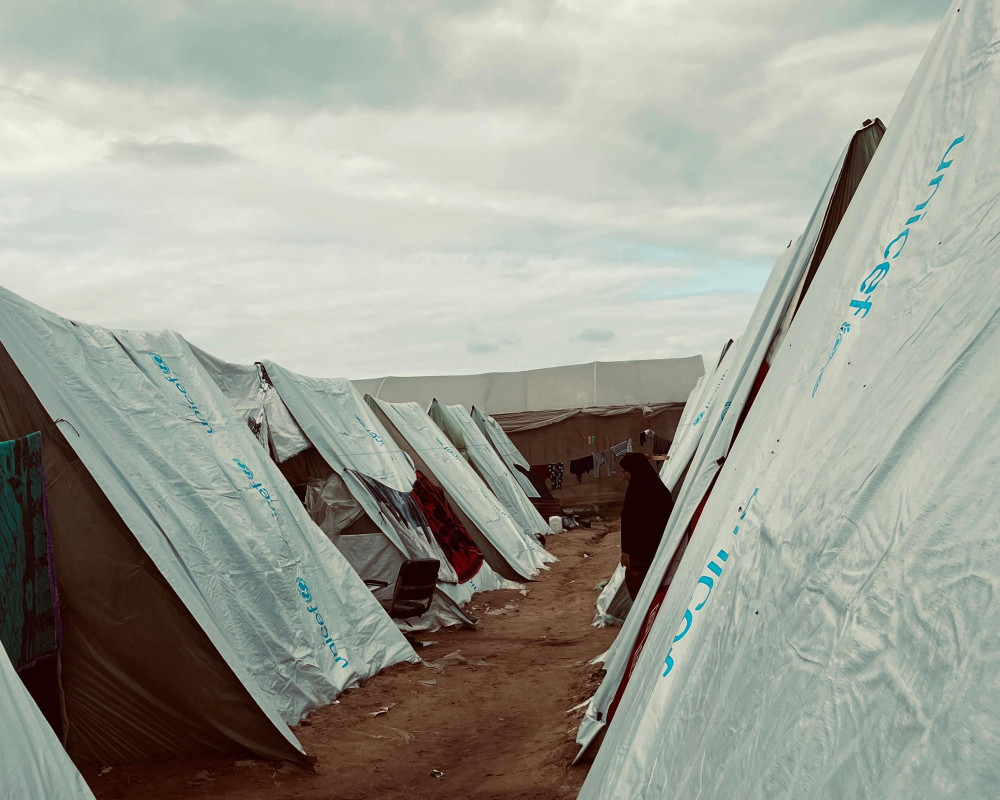
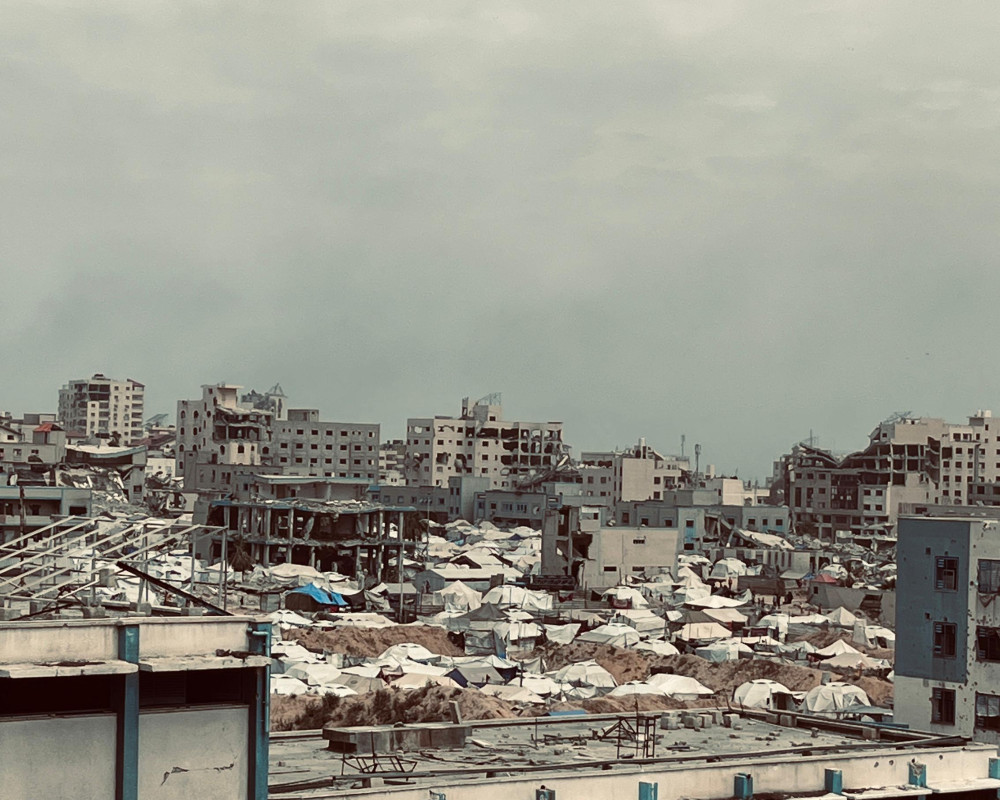
Source link
#Gaza #Mothers #Bring #Life #World #Surrounded #Death

